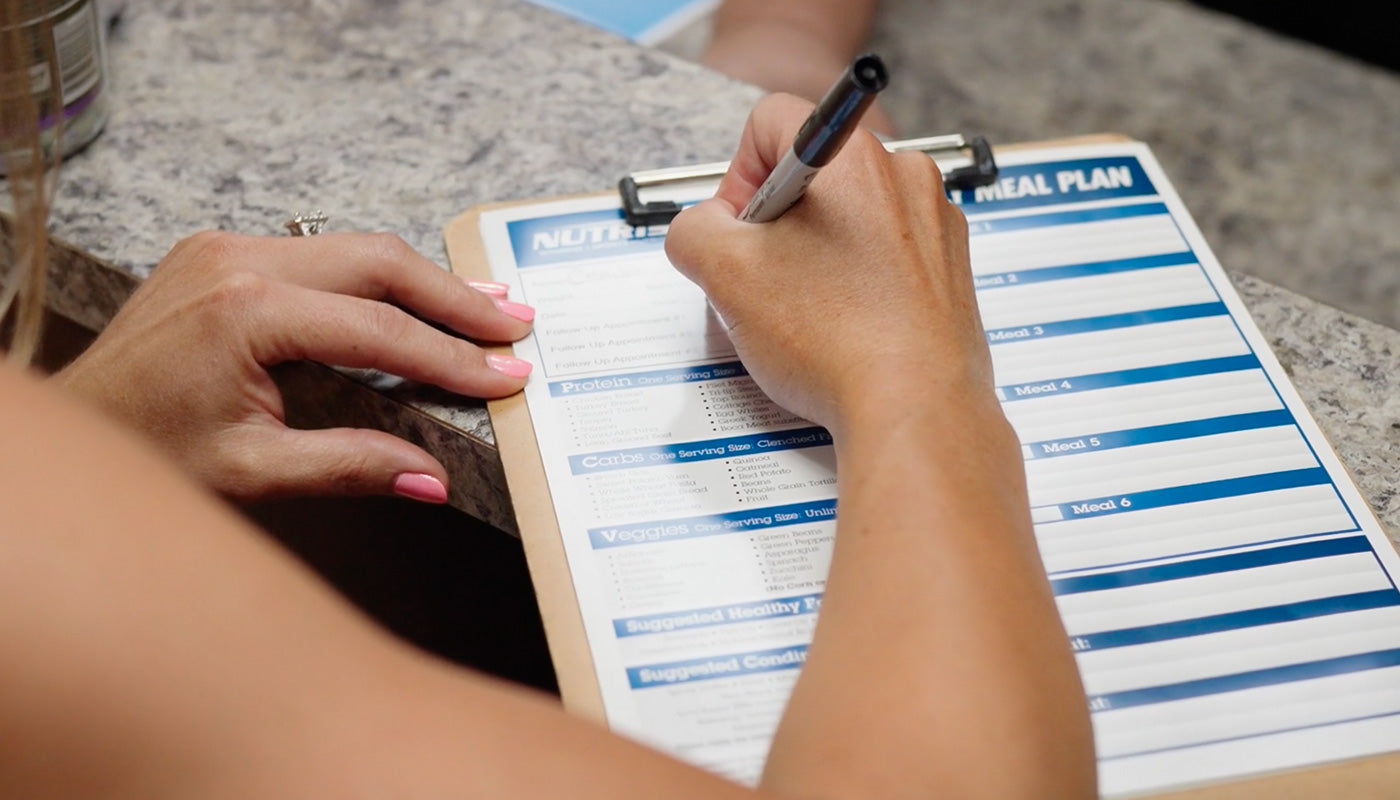Social media's impact on mental health, including its potential to contribute to anxiety and depression, is a topic of ongoing research and debate. While social media platforms have brought about numerous positive changes in communication, networking, and information sharing, they can also have negative consequences for mental health. Here are some of the ways in which social media can potentially contribute to anxiety and depression:
Negative Impacts of Social Media
1. Social Comparison: Social media often showcases the highlight reels of people's lives, leading to social comparison. People may feel inadequate or left out when comparing themselves to others who appear to have perfect lives, which can lead to feelings of anxiety and depression.
2. Cyberbullying: Social media can be a platform for cyberbullying, where individuals are targeted with hurtful comments, messages, or posts. This can lead to significant emotional distress and mental health issues.
3. Fear of Missing Out (FOMO): Constant exposure to exciting events and experiences on social media can make people feel like they are missing out on life, leading to anxiety and the "fear of missing out."
4. Filter Bubbles and Echo Chambers: Social media algorithms often show users content that aligns with their existing beliefs and preferences, creating filter bubbles and echo chambers. This can reinforce polarized views and contribute to stress and anxiety.
5. Internet Addiction: Excessive use of social media can lead to internet addiction, which can have negative effects on mental health, including anxiety and depression.
6. Reduced Real-World Social Interaction: Excessive time spent on social media can lead to a decrease in face-to-face social interaction, potentially contributing to feelings of isolation and depression.
It's important to note that the relationship between social media and mental health is complex, and its impact can vary from person to person. Not everyone who uses social media will experience negative mental health effects. Some individuals may use social media in ways that enhance their well-being and support their mental health.
Time for a Detox
Taking a social media detox can be beneficial for many people, as it allows you to reset, recharge, and reduce the potential negative effects of excessive social media use on your mental health. Here's how you can go about it:
1. Set a Purpose: Determine your goals and reasons for taking a break from social media. Whether it's to reduce anxiety, increase productivity, or simply have more time for offline activities, having a clear purpose can help you stay committed.
2. Choose the Duration: Decide how long your detox will last. It could be a day, a weekend, a week, or longer, depending on your needs and goals.
3. Inform Your Connections: Consider letting your close friends and family know about your social media detox. This way, they won't worry if they can't reach you through these platforms, and it might also help you stay accountable.
4. Disable Notifications: Turn off notifications for social media apps on your device. This will reduce the urge to check your accounts constantly.
5. Delete Apps or Block Access: If you find it challenging to resist the temptation to check social media, you might consider temporarily deleting the apps or using website blockers to restrict access to these platforms during your detox.
6. Replace Social Media Time: Plan activities to replace the time you would typically spend on social media. Engage in hobbies, exercise, read, or spend quality time with friends and family.
7. Reflect on Your Use: Use this time to reflect on your social media habits. Consider what you enjoy about it, what you dislike, and how you want to use these platforms in the future.
8. Stay Mindful: Be aware of the changes in your thoughts and feelings during the detox. You may notice reduced anxiety or a sense of relief. Journaling can help you keep track of your experiences.
9. Reevaluate Your Priorities: After the detox, assess how you want to reintegrate social media into your life. You might decide to limit your usage, curate your feed to reduce negativity, or set specific usage boundaries.
10. Set Boundaries: Implement boundaries when you return to social media. This could include designated usage times, no-phone zones, or specific limits on daily usage.
11. Seek Support: If you find it challenging to manage your social media use or if it's causing significant distress, consider seeking support from a mental health professional who can help you develop healthier habits.
Remember that a social media detox is a personal choice, and its effectiveness can vary from person to person. The key is to find a balance that works for you and supports your well-being. If you notice that your use of social media is negatively impacting your mental health, productivity, or relationships, a detox can be a helpful strategy to regain control over your online life.







